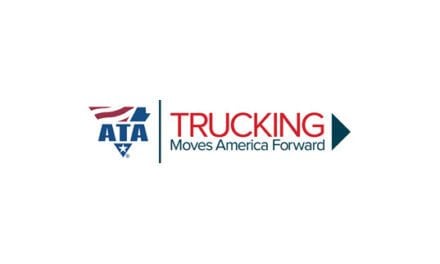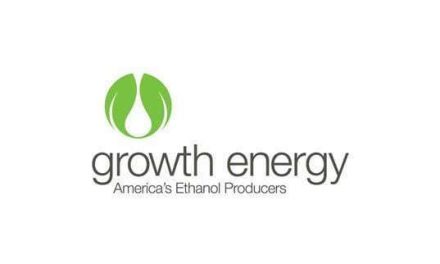Kyndall Krist, EPIC News + Data
The trucking industry’s primary source of greenhouse gas (GHG) emissions is generated through fuel, typically diesel, which is also one of the largest costs for trucking companies. With growing concerns and policies surrounding fuel economy and GHG emissions standards, the industry’s focus is leaning more toward new technologies and practices to reduce fuel consumption.
With these concerns in mind, the American Transportation Research Institute (ATRI), in conjunction with the University of Michigan Transportation Research Institute (UMTRI), conducted a new survey in order to gain a better understanding of fleet managers’ views, specifically regarding fuel economy, fuel usage and fuel-saving technologies that are currently being utilized or considered for heavy-duty trucking fleets in the U.S.
Highlights from their findings are as follows:
- The top reported fuel-saving technologies for all fleets currently in use include aluminum wheels, speed limiters and low-rolling resistance dual tires.
- Truck-based fuel-saving technologies that met the most resistance for use include hydraulic hybrids and hybrid electric drives, which are also currently the least-used truck-based technologies.

- Top reported fuel-saving technologies for all fleets that own or lease trailers currently in use include low-rolling resistance tires, aluminum wheels and weight-saving technologies.
- Trailer-based fuel-saving technologies that met the most resistance are trailer tails and low-rolling resistance single tires, even though the majority of fleets reported currently using or considering single tires.

- While a significant percentage of fleet managers reported aerodynamic treatments, idle reduction technologies or strategies and automated manual or automatic transmissions as having the best return on investment (ROI), another significant percentage reported aerodynamic treatments, low-rolling resistance tires and idle reduction technologies or strategies as having the worst ROI. This dichotomy demonstrates how the application of these technologies is extremely fleet-specific.
- Fleet managers generally saw the top advantages of specific alternative fuels as being lower in cost, cleaner (reduced emissions) and more available than other alternative fuels.
- The perceived disadvantages of specific alternative fuels are having low (or no) availability or infrastructure for distribution, increased cost overall and possibly lowering fuel economy for their fleet.
- Fleet managers felt that the U.S. Environmental Protection Agency (EPA) heavy-duty emissions regulations will lead to higher new truck purchase costs as well as higher truck operating costs.
- Exhaust aftertreatment was identified as the technology or policy that fleet managers want to see removed from heavy-duty trucks.
For more information on this survey and its findings, visit www.atri-online.org and www.umtri.umich.edu.







